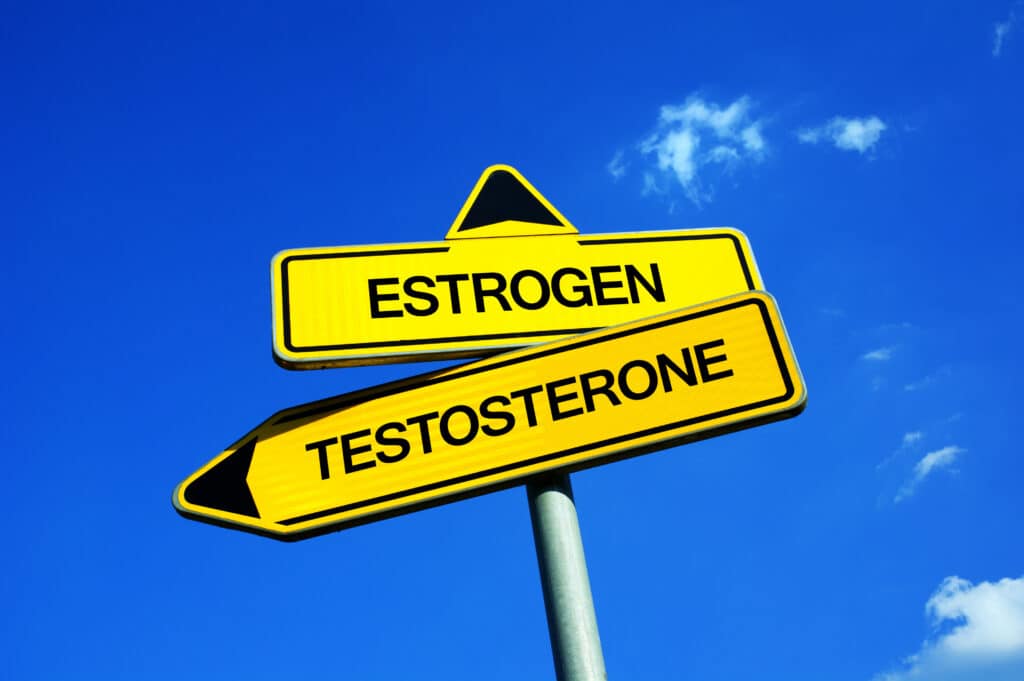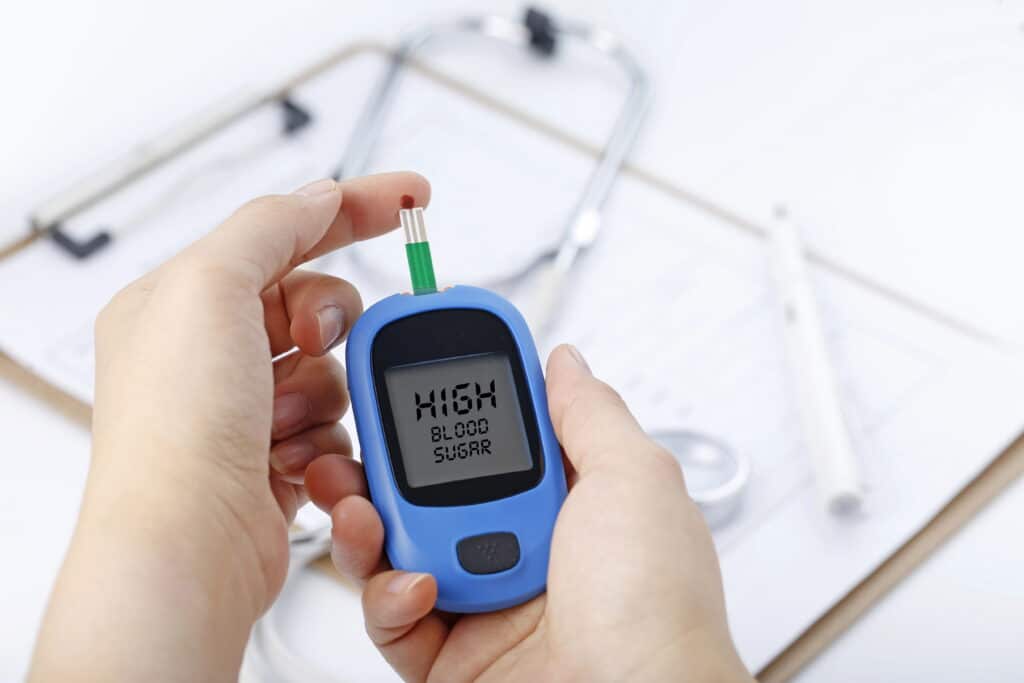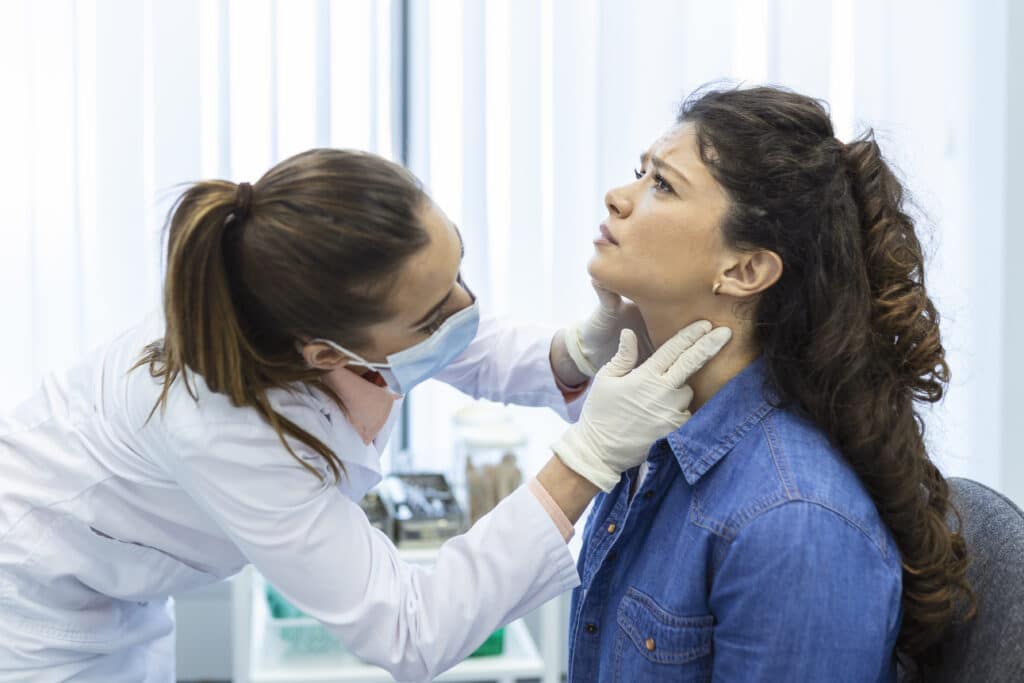Pituitary and growth disorders are medical conditions that affect the function of the pituitary gland and the process of growth in the human body
A comprehensive guide on Pituitary & Growth Disorders. We will delve into the causes, symptoms, and available treatment options for these conditions. Whether you or a loved one are experiencing symptoms related to growth disorders, you’ve come to the right place to gain valuable insights. Read on to discover how the German Medical Center can provide expert care and assistance.
At the German Medical Center, our compassionate and experienced team of endocrinologists is dedicated to providing personalized care and advanced treatment options to help you regain control of your health and quality of life.
Understanding the complexities of pituitary and growth disorders is crucial in ensuring early detection and effective treatment. With the support of the German Medical Center’s specialized care, patients can find relief from their symptoms and regain control of their lives. Don’t wait; take action now and reach out to us to embark on your journey towards improved health and well-being.
Contact us today to schedule a consultation and take the first step towards a healthier, happier future.
Our team of experts are passionate about providing only the best quality care and treatment to their patients.

Endocrinology Treatment
Gestational Diabetes is a form of diabetes that occurs during pregnancy and affects how the body processes glucose (sugar)....
Thyroid diseases refer to a group of medical conditions that affect the thyroid gland....
Early diabetes treatment is key to preventing complications and managing the condition effectively....





Our customers are at the heart of everything we do, and we are committed to providing them with one of the best possible care and service and that's why platforms like UpTopics publish us in top.

Based on 206 Google Reviews

Partner with:
Partner with:


German Medical Center is one of the leading medical institution in Dubai formed by a group of specialists who are passionate about providing the personalized care tailored to the patient's unique needs.
Fill out our easy online form to book an appointment with German Medical Center. Our team of experts is dedicated to providing you with personalized care and guidance every step of the way. Don't wait, take charge of your well-being and schedule your appointment now!